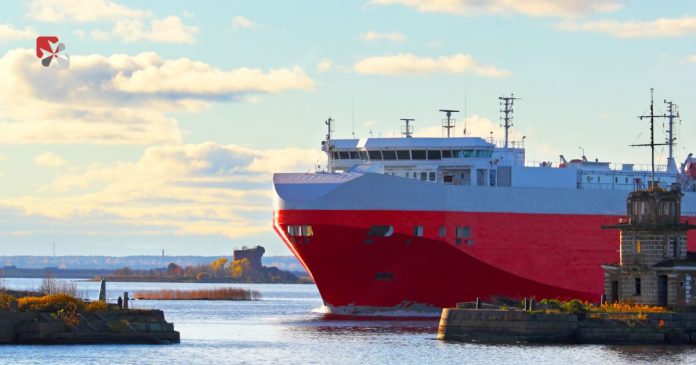Malta calls on Europe to adapt European transport laws to the island’s unique needs for fairer and more inclusive rules.
In the heart of the Mediterranean, Maltese freight operators are at a crossroads, navigating not only through the physical waves that surround their nation but also through the legislative currents that come from the European Union. As an island, Malta’s vital links with the rest of the world depend heavily on the freight transport sector, a reality that presents challenges and obstacles not fully addressed by current EU laws.
The current transport situation in island nations
Joseph Bugeja, President of the Association of the Tractor and Trailer Operators – ATTO, as reported by the Maltese daily Time of Malta, highlights an urgent problem: European transport laws, although well prepared, involuntarily put island nations such as Malta, Cyprus and Ireland at a logistical disadvantage. These laws, designed for continental transport, overlook the additional obstacles faced by the transport of goods across the sea.
A call for change for island transport
The heart of the matter is in the search for the status of “Combined Transport”, a designation that brings with it a series of incentives aimed at promoting more sustainable and efficient transport methods. However, achieving this status with current EU regulations remains an unattainable goal for operators based on the island due to strict criteria that do not take into account the unique geographical and logistical realities of island life.
The sweeping effects of legislation. We need a united front for reform.
The implications of these regulatory challenges are far-reaching. At a time when the European Union is deeply committed to the Green Deal, with the aim of reducing emissions and promoting sustainability, the inability of island nations to participate fully in these efforts not only hinders their economic competitiveness but also limits the collective capacity to tackle climate change.
There is a growing consensus among various stakeholders, including transport operators, industry associations and government bodies, on the need for legislative reform. The argument is clear: recognising the specific needs and challenges of island nations within EU transport laws is not only a matter of fairness but also of strategic importance in achieving broader environmental and economic goals, whereas Mediterranean islands such as Malta are often at the crossroads of transport in the Mediterranean.
As discussions continue at various levels, the hope among Maltese transport operators and their counterparts in other island nations is that the European Union will review its transport legislation with an eye to inclusiveness and pragmatism. By recognising the unique position of islands and adapting policies accordingly, the EU can ensure that its vision of a greener and more connected continent is fully realised, without leaving behind any member states.






